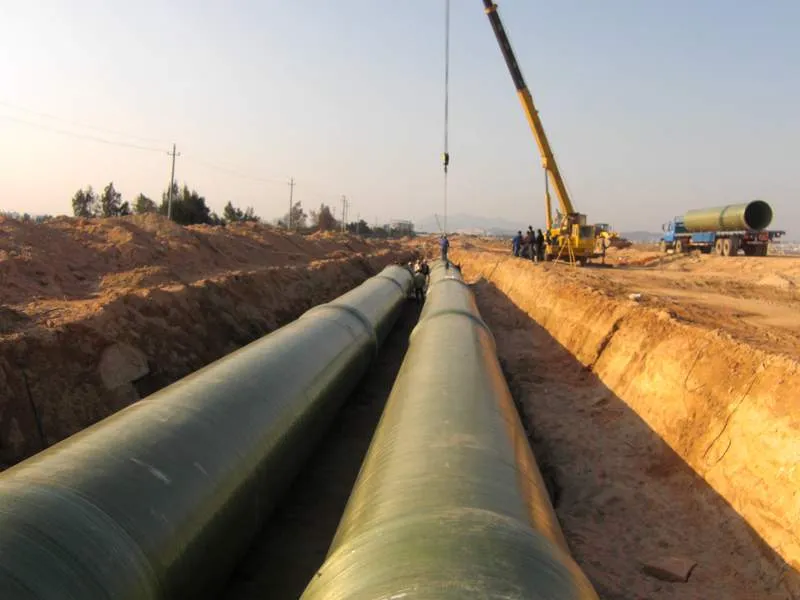
-
 Afrikaans
Afrikaans -
 Albanian
Albanian -
 Amharic
Amharic -
 Arabic
Arabic -
 Armenian
Armenian -
 Azerbaijani
Azerbaijani -
 Basque
Basque -
 Belarusian
Belarusian -
 Bengali
Bengali -
 Bosnian
Bosnian -
 Bulgarian
Bulgarian -
 Catalan
Catalan -
 Cebuano
Cebuano -
 China
China -
 China (Taiwan)
China (Taiwan) -
 Corsican
Corsican -
 Croatian
Croatian -
 Czech
Czech -
 Danish
Danish -
 Dutch
Dutch -
 English
English -
 Esperanto
Esperanto -
 Estonian
Estonian -
 Finnish
Finnish -
 French
French -
 Frisian
Frisian -
 Galician
Galician -
 Georgian
Georgian -
 German
German -
 Greek
Greek -
 Gujarati
Gujarati -
 Haitian Creole
Haitian Creole -
 hausa
hausa -
 hawaiian
hawaiian -
 Hebrew
Hebrew -
 Hindi
Hindi -
 Miao
Miao -
 Hungarian
Hungarian -
 Icelandic
Icelandic -
 igbo
igbo -
 Indonesian
Indonesian -
 irish
irish -
 Italian
Italian -
 Japanese
Japanese -
 Javanese
Javanese -
 Kannada
Kannada -
 kazakh
kazakh -
 Khmer
Khmer -
 Rwandese
Rwandese -
 Korean
Korean -
 Kurdish
Kurdish -
 Kyrgyz
Kyrgyz -
 Lao
Lao -
 Latin
Latin -
 Latvian
Latvian -
 Lithuanian
Lithuanian -
 Luxembourgish
Luxembourgish -
 Macedonian
Macedonian -
 Malgashi
Malgashi -
 Malay
Malay -
 Malayalam
Malayalam -
 Maltese
Maltese -
 Maori
Maori -
 Marathi
Marathi -
 Mongolian
Mongolian -
 Myanmar
Myanmar -
 Nepali
Nepali -
 Norwegian
Norwegian -
 Norwegian
Norwegian -
 Occitan
Occitan -
 Pashto
Pashto -
 Persian
Persian -
 Polish
Polish -
 Portuguese
Portuguese -
 Punjabi
Punjabi -
 Romanian
Romanian -
 Russian
Russian -
 Samoan
Samoan -
 Scottish Gaelic
Scottish Gaelic -
 Serbian
Serbian -
 Sesotho
Sesotho -
 Shona
Shona -
 Sindhi
Sindhi -
 Sinhala
Sinhala -
 Slovak
Slovak -
 Slovenian
Slovenian -
 Somali
Somali -
 Spanish
Spanish -
 Sundanese
Sundanese -
 Swahili
Swahili -
 Swedish
Swedish -
 Tagalog
Tagalog -
 Tajik
Tajik -
 Tamil
Tamil -
 Tatar
Tatar -
 Telugu
Telugu -
 Thai
Thai -
 Turkish
Turkish -
 Turkmen
Turkmen -
 Ukrainian
Ukrainian -
 Urdu
Urdu -
 Uighur
Uighur -
 Uzbek
Uzbek -
 Vietnamese
Vietnamese -
 Welsh
Welsh -
 Bantu
Bantu -
 Yiddish
Yiddish -
 Yoruba
Yoruba -
 Zulu
Zulu
fiberglass vessel
The Advantages of Fiberglass Vessels
Fiberglass vessels have gained immense popularity in the maritime industry due to their unique combination of strength, durability, and versatility. Unlike traditional materials such as wood or metal, fiberglass offers a host of advantages that make it an ideal choice for boat builders and marine enthusiasts alike.
One of the most significant benefits of fiberglass is its resistance to corrosion. Unlike metal, which can rust and degrade over time when exposed to saltwater, fiberglass is impervious to such damage. This resilience means that fiberglass boats can maintain their structural integrity and aesthetic appeal for many years, even with limited maintenance. This characteristic is particularly important for those who sail in harsh marine environments, where exposure to salt and moisture can take a toll on less durable materials.
Another advantage of fiberglass vessels is their lightweight nature. Fiberglass is considerably lighter than wood or steel, which improves fuel efficiency and enhances speed on the water. A lighter vessel requires less power to move, allowing for smoother handling and quicker acceleration. This property is especially beneficial for racing boats and recreational vessels, where performance and speed are critical.
fiberglass vessel

Fiberglass also allows for more design flexibility compared to traditional materials. The molding process used in fiberglass construction enables manufacturers to create intricate shapes and custom designs that would be challenging or impossible to achieve with wood or metal. This design freedom has led to innovative hull forms and features that enhance the overall boating experience.
In addition to these practical benefits, fiberglass boats are generally easier to repair. Small scratches and damaged areas can be patched up with relative ease, often requiring minimal tools and materials. This accessibility makes fiberglass vessels appealing to both amateur and professional boaters, as repairs can often be completed without needing specialized skills.
Furthermore, fiberglass vessels have a lower environmental impact when compared to some alternatives. Many modern fiberglass boats are constructed using environmentally friendly resins and materials, contributing to sustainability in boat manufacturing.
In conclusion, fiberglass vessels combine durability, lightweight performance, design flexibility, and ease of repair, making them an excellent choice for both commercial and recreational use. With their numerous advantages, it’s no wonder that fiberglass has become the material of choice for many boat builders and enthusiasts around the world. Whether for leisure, fishing, or competitive racing, fiberglass boats continue to dominate the waters, proving their worth in the ever-evolving marine landscape.
Latest news
-
Exploring the Benefits of Top Hammer Drifter Rods for Enhanced Drilling PerformanceNewsJun.10,2025
-
High-Precision Fiberglass Winding Machine for GRP/FRP Pipe Production – Reliable & Efficient SolutionsNewsJun.10,2025
-
FRP Pipes & Fittings for Shipbuilding - Corrosion-Resistant & LightweightNewsJun.09,2025
-
Premium FRP Flooring Solutions Durable & Slip-ResistantNewsJun.09,2025
-
Premium Fiberglass Rectangular Tanks Durable & Lightweight SolutionNewsJun.09,2025
-
Tapered Drill String Design Guide Durable Performance & UsesNewsJun.09,2025









